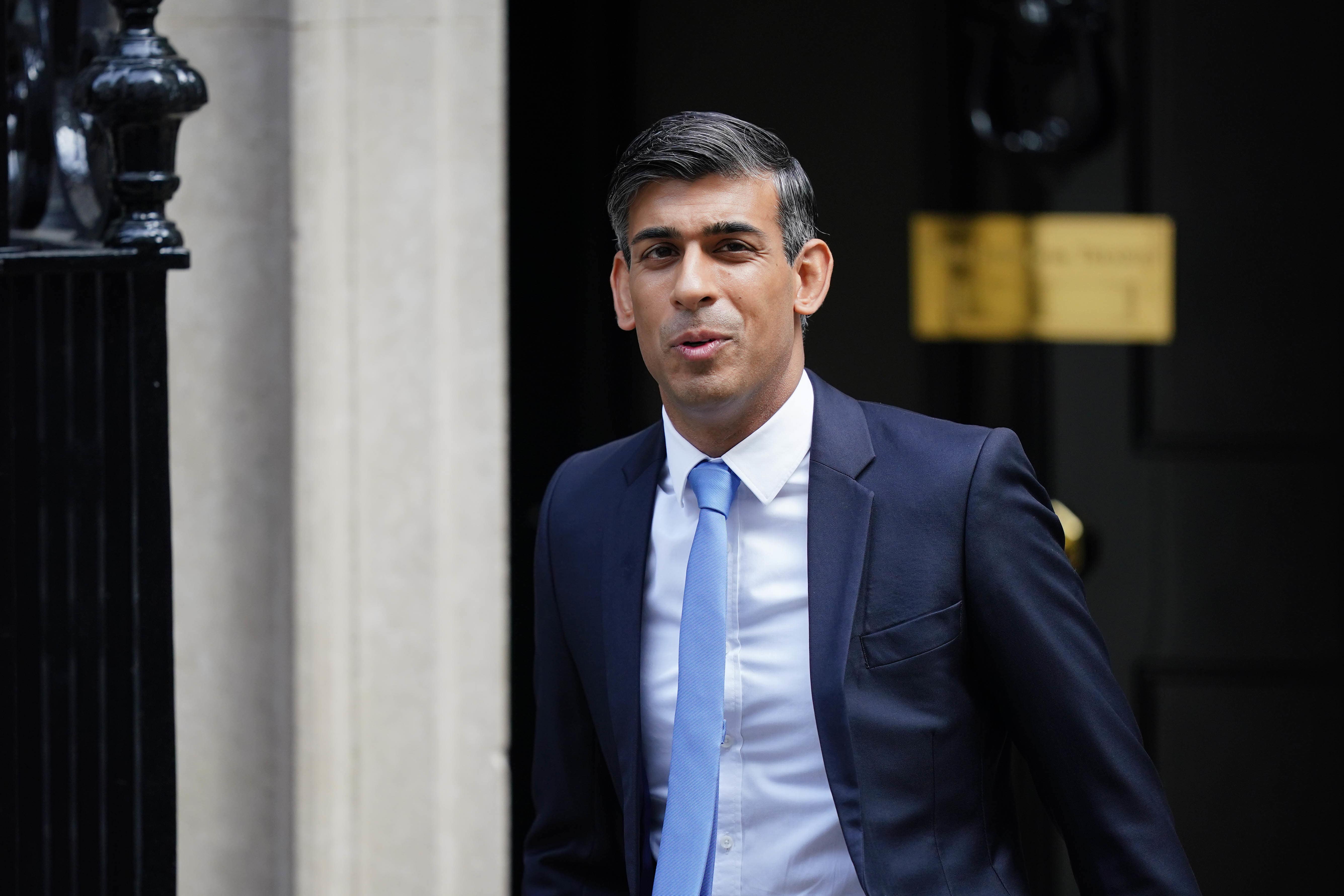G20 must urgently lead way in decarbonising global economy – campaigners
The nations are being urged to set more ambitious climate targets and remove barriers that stand in the way of the energy transition.

Your support helps us to tell the story
From reproductive rights to climate change to Big Tech, The Independent is on the ground when the story is developing. Whether it's investigating the financials of Elon Musk's pro-Trump PAC or producing our latest documentary, 'The A Word', which shines a light on the American women fighting for reproductive rights, we know how important it is to parse out the facts from the messaging.
At such a critical moment in US history, we need reporters on the ground. Your donation allows us to keep sending journalists to speak to both sides of the story.
The Independent is trusted by Americans across the entire political spectrum. And unlike many other quality news outlets, we choose not to lock Americans out of our reporting and analysis with paywalls. We believe quality journalism should be available to everyone, paid for by those who can afford it.
Your support makes all the difference.G20 members must lead the way in decarbonising the global economy, campaigners have said.
The Climate Group, a non-governmental organisation (NGO), is calling on the G20 nations, which represent 85% of global GDP, to set more ambitious climate targets and remove barriers that stand in the way of the energy transition.
It comes as UK Prime Minister Rishi Sunak gets set to travel to India at the weekend for the G20 summit, with this year’s theme of “One Earth. One Family. One Future”, focusing on sustainable development and growth.
The Climate Group said regulation and market barriers are preventing businesses accessing renewable energy at scale as well as making it cost-competitive with fossil fuels.
Countries across the G20 risk missing out on the gold rush of the 21st century as they slow-walk towards greater renewable electricity
The NGO said the G20 nations have the scale and means to accelerate climate action, adding that the world is looking to them to take progressive action for a sustainable future.
Champa Patel, executive director of government and policies at Climate Group, said: “Countries across the G20 risk missing out on the gold rush of the 21st century as they slow-walk towards greater renewable electricity.
“Hundreds of major companies we work with are already moving towards using 100% renewable electricity, with many also requiring it from their suppliers.
“If corporate giants are demanding it, jumping on the transition is about business-survival, and governments need to facilitate that.”
“Businesses need government action and long-term policy clarity to confidently go all-in on climate action.
“Governments that fail to provide that are forcing their economies to rely on fossil fuel-based systems that will become increasingly obsolete.”
This can only send a signal of failure to the rest of the world
It comes as fewer than half of the G20 countries, including the EU, have 2050 net zero laws in place.
Ms Patel said: “This can only send a signal of failure to the rest of the world.”
In a recent open letter to G20 leaders, co-ordinated by Climate Group, 15 big businesses in India, including Heineken and Ikea, urged governments to include credible targets and consistent policies into their national roadmaps to enable a 1.5C-aligned transition.
They called for the G20 to set targets and timelines at country level for the phase out of all unabated fossil fuels in line with 1.5C pathways, accelerate clean energy, put in place national decarbonisation roadmaps for hard-to-abate sectors and deploy zero emissions vehicles.
They also urged nations to ensure clear pricing signals, adopt national plans to reform fossil fuel subsidies and accelerate global financial architecture reform to ensure an equitable flow of climate finance towards developing countries.